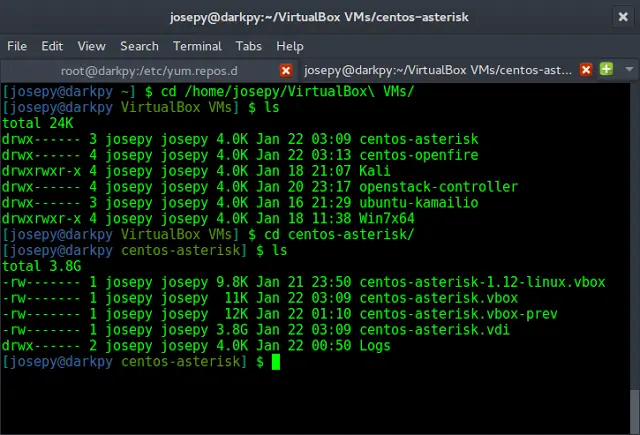Slots in Python is a special mechanism that is used to reduce memory of the objects. In Python, all the objects use a dynamic dictionary for adding an attribute. Slots is a static type method in this no dynamic dictionary are required for allocating attribute.
Syntax
class myClass(object):
# defining the slots
__slots__ = (par1, par2)
def __init__(self, *args, **kwargs):
# initializing the values
self.par1 = value1
self.par2 = value2
Example 1:
# defining the class. class gfg: # defining the slots. __slots__ =('course', 'price') def __init__(self): # initializing the values self.course ='DSA Self Paced' self.price = 3999 # create an object of gfg class a = gfg() # print the slot print(a.__slots__) # print the slot variable print(a.course, a.price) |
Output
('course', 'price')
DSA Self Paced 3999
Example 2:
# defining the class. class gfg: # defining the slots. __slots__ =('course', 'price') def __init__(self): # initializing the values self.course ='oops' self.price = 5999 # create an object of gfg class a = gfg() # print the slot print(a.__slots__) # print the slot variable print(a.course, a.price) # change the value of the variable a.course ='System Design' # print the slot variable print(a.course, a.price) # change the value of the variable a.price = 9999 # print the slot variable print(a.course, a.price) |
Output
('course', 'price')
oops 5999
System Design 5999
System Design 9999




